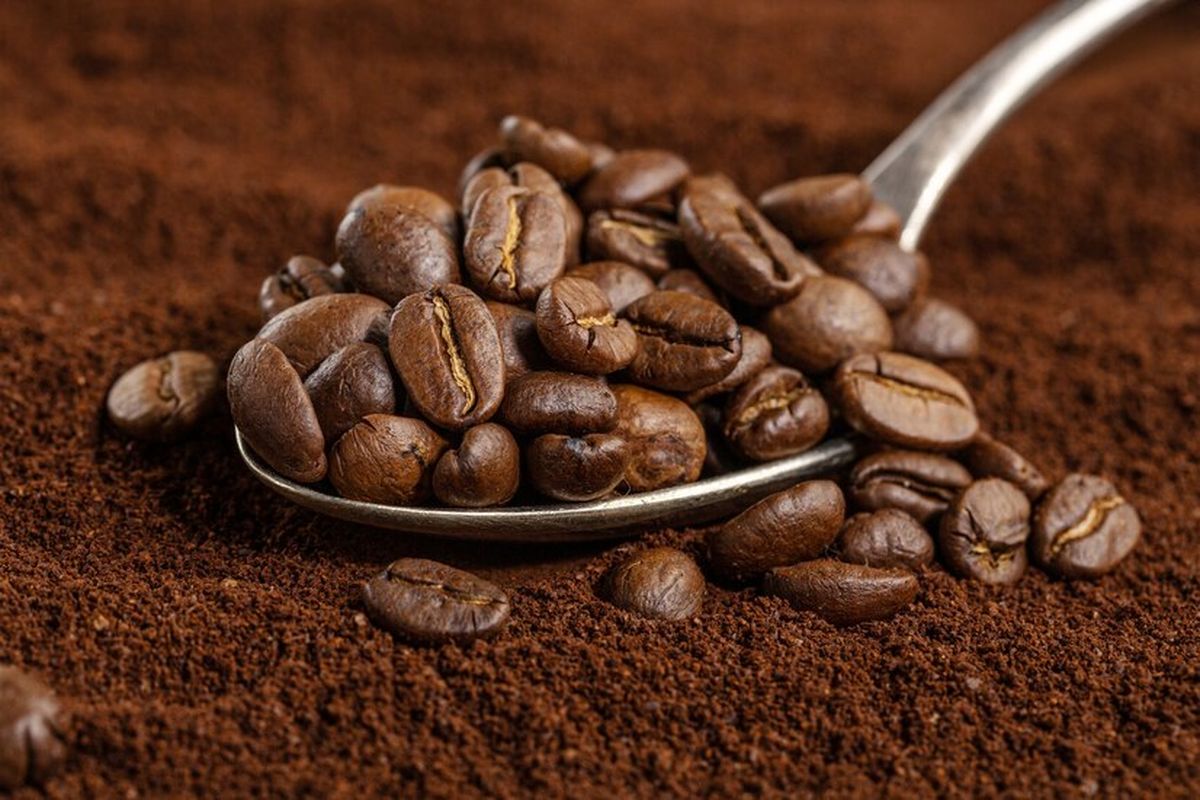In 2024, Indonesia's agricultural sector showcased remarkable growth, significantly bolstering the nation's export economy. According to the Badan Pusat Statistik (BPS), the total value of agricultural product exports reached US$5.71 billion, approximately Rp 93.47 trillion (with an exchange rate of US$1=16,370). This surge was primarily driven by perennial crops, notably coffee and tropical fruits, which continue to captivate global markets.
Dominance of Coffee in Global Markets
Coffee remains Indonesia's premier agricultural export, achieving an export value of US$1.62 billion in 2024. Consistent global demand, especially from Europe and the United States, has been a significant factor in this success. The rising popularity of specialty and organic coffees has further enhanced the competitiveness of Indonesian coffee against other major producers like Brazil and Vietnam. However, challenges such as weather dependency and global price fluctuations persist.
Tropical Fruits Gaining International Traction
Ranking second, perennial fruits recorded exports worth US$580 million. Fruits like durian, mangosteen, and bananas have become favorites in countries such as China, Malaysia, and Singapore. The global shift towards healthier eating habits has amplified the demand for these tropical delights. Indonesia's efforts to expand export market access through food safety certifications and adherence to international standards have made its fruits increasingly attractive to foreign markets.
Spices and Industrial Commodities: Key Contributors
Indonesia's rich biodiversity has positioned it as a leading exporter of spices. Medicinal plants, aromatics, and spices contributed US$425 million, while cloves alone generated US$319 million. Cloves are predominantly exported to countries like Brazil and India, whereas black and white pepper, with a combined export value exceeding US$280 million, are in high demand in Europe and the Middle East.
In the industrial sector, natural rubber and cocoa beans remain vital export commodities, with export values of US$469 million and US$80 million, respectively. The automotive and healthcare industries' sustained demand for rubber ensures its steady export, despite competition from Thailand and Malaysia. Meanwhile, the global chocolate industry's preference for high-quality cocoa has driven the increase in Indonesian cocoa exports.
Challenges and Future Prospects
Despite these achievements, the agricultural sector faces challenges, including reliance on favorable weather conditions and global market price volatility. To maintain and enhance its market position, Indonesia is focusing on sustainable farming practices, product diversification, and strengthening trade relationships. By proactively addressing these challenges, Indonesia aims to ensure the continued growth and resilience of its agricultural exports.
In summary, Indonesia's agricultural exports in 2024 reflect a dynamic and robust sector that not only supports the national economy but also meets the growing global demand for diverse and high-quality agricultural products.
Read More






 Wednesday, 04-02-26
Wednesday, 04-02-26







